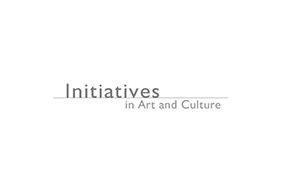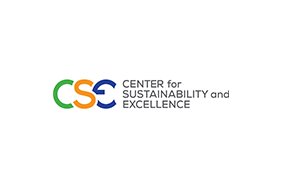Education
News and content about corporate responsibility innovations in education.

POSTED
01-11-22
2021 Moskowitz Prize at Northwestern University Awarded to Research on the Time Horizons of ESG-investors
From a field of over 175 submitted papers, Corporate ESG Profiles and Investor Horizons was selected as the winner of the 2021 Moskowitz Prize at Northwestern University.

POSTED
12-10-21
Understanding Multi-capital Value
In reaction to shareholder value and inspired by the social, environmental and stakeholder movements, the 1990s saw the emergence of “new economics” - and broadening financial capital to include other capitals, like natural, social and human capital.

POSTED
12-10-21
Boldly Building the Future Series Launches, a Collaboration Between Initiatives in Art and Culture and Mark Hanna
Initiatives in Art and Culture (IAC) and Mark Hanna announce a new virtual conference series, Boldly Building the Future, to address actionable solutions to central challenges and key issues facing the jewelry industry, including the mining and refining sector. On Monday December 13, from 12:00 PM t...

POSTED
12-07-21
Executive Roundtable: STEM Workforce Development Through an Equity Lens
As we grapple with COVID’s impact across industry, an area seemingly immune to the pandemic’s fallout are the job opportunities available for qualified STEM professionals.

POSTED
11-15-21
Reasons to Be Hopeful About Climate Action After COP26
On the face of it, COP26 has failed, with the world still heading for 2.4C warming. So why am I hopeful? The decarbonisation of our global society and economy has become inevitable and unstoppable. And COP26 has indisputably accelerated the pace.

POSTED
11-02-21
Flight Path to Future Careers
The pace of change in industries around world means careers that don’t exist today will be in demand tomorrow, particularly in science, technology, engineering, and mathematics (STEM) fields.

POSTED
10-29-21
CSE on Its Way to Change the Planet by Educating 100,000 Corporate Professionals and Entrepreneurs in Sustainability
The Center for Sustainability and Excellence was set to innovate leadership and create a global new trend in certified executive training in Sustainability and ESG.

POSTED
10-07-21
CSE's Sustainability Practitioner Program Celebrates 15 Years of Trust by Fortune 500 & Government Leaders
The Center for Sustainability and Excellence (CSE) proudly celebrates 15 years of trust from FT 500 corporations and global organizations in providing specialized Sustainability and ESG Education in North America, Europe, MENA and ASIA.

POSTED
09-27-21
Understanding Stakeholder Value
In reaction to the prevailing shareholder value logic – and especially the idea that companies have a legal, fiduciary duty to place their needs above all others – the concept and practice of stakeholder value emerged in 1984. This article looks at its evolution over the ensuing decades.

POSTED
09-15-21
Understanding Shareholder Value
The shareholder value doctrine suggests that companies and their managers should only do something that’s good for society when it is simultaneously and demonstrably good for business. This belief is increasingly being questioned and challenged.

